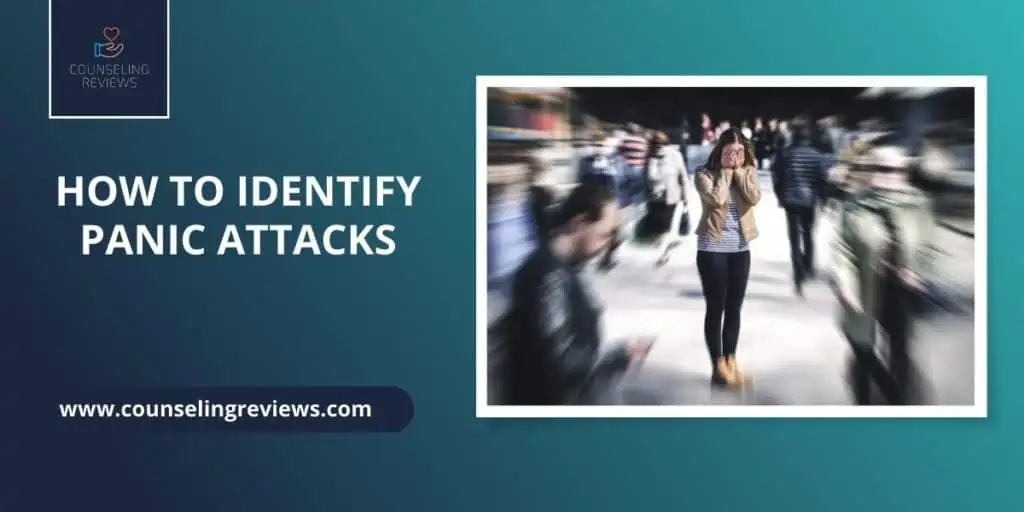Experiencing an intense feeling of anxiety can be very scary. It is not only a state of mind but a physical event as well. It can be challenging to process what has happened mentally. Understanding panic and anxiety attacks are the first steps for coping with the issue. This gives you the ability to comprehend what exactly you are experiencing.
Definition of Panic Attacks and Triggers
Panic attacks are essentially an intense anxiety attack. They come on very suddenly, usually with little to no warning. When experiencing an unexpected panic attack, a person may feel like they are going insane, they may feel detached from themselves or reality, feel intense fear, or lose control. Your mind and body go into the fight or flight response. This is your body’s way of preparing for imminent danger.
Since panic attacks are unexpected, there are no exact triggers for the event. Some lifestyle situations can make a person more susceptible to suffering from a panic disorder. These include:
- Surviving a trauma
- Living with high stress
- Having a serious medical condition
- Having family members with an anxiety disorder
- People who suffer from anxiety
- Drug or alcohol abuse
Are Panic Attacks and Anxiety Attacks One in the Same?
While the terms panic attack and anxiety attack are often used to describe the same thing, they are very different experiences. Unlike when panic attacks occur, a specific event usually triggers anxiety attacks. Additionally, anxiety attacks often build over time. The build-up can be several minutes, hours, or even throughout the day. The duration of an anxiety attack is longer as well, again potentially lasting all day.
There are several common symptoms of panic and anxiety attacks, making it somewhat difficult to differentiate between them. Some of these physical symptoms include:
- Chest pain
- Heart rate is elevated
- A sensation like a heart attack
- Dizziness
- Numbness in arms, legs, or hands
- Short of breath
- The feeling of being choked
Statistics
According to the Anxiety and Depression Association of America, more than 40 million Americans suffer from some anxiety disorder. This is an essential figure because anxiety can lead to panic attacks. It also means that suffering from an anxiety disorder is common. Those who suffer from this can take solace in the fact that they are not alone. Many others experience similar issues and have successfully worked to both manage and overcome their anxiety disorders.
What Can You Do If You Have a Panic Attack?
If you are experiencing a panic attack, you can do a few things to mitigate the symptoms. They include:
- Recognize what is happening. Do not explain it away or hide from it. Instead, acknowledge what you are going through and know that the symptoms are going to pass.
- Try deep breathing. Slowly breathe in and out from the diaphragm. This slows your heart rate and can begin to restore calm.
- Be mindful. This means to stay in the moment. Do not let your mind wander more in-depth into the anxiety.
- Use relaxation techniques. This helps to calm you down in the moment.
What Can You Do If Someone Around You Has a Panic Attack?
If you recognize the signs and symptoms of a panic attack in another person, you can do a few things to help.
- Speak to them with simple sentences
- Tell them you are here to help, do not leave their side
- Ask them what they need
- Coach them to slow their breathing
How Can Online Therapy Help?
Online therapy is becoming more popular as people begin to embrace the use of technology. This style of therapy allows the patient to remain in their own home and receive virtual treatment. This may be excellent for people with panic disorder because they can avoid situations that may cause their anxiety to flare up.
Therapy sessions can be done at any time. This allows for the patient to find a suitable and comfortable time that meets their needs. Finally, some online therapy can even be done anonymously. This is excellent for people that feel embarrassed about their problems.
Resources
People with panic disorders can receive help to cope with their anxiety. Firstly, consider enlisting expert help. Mental health professionals can recognize the symptoms of anxiety and panic. They can create a proper treatment plan to help you overcome your panic attacks. For example, they may suggest cognitive behavioral therapy. This is a structured, short term therapy plan that is used to combat one issue specifically.
Other resources include:
- Support groups
- Books or websites about panic attacks
- Friends, family, teachers, or employers
- School counselors
Conclusion
Panic attacks can be extremely frightening, especially if you are experiencing them for the first time. While it may seem like you are dying or like the anxiety may never end, remember that this is not true. The panic is going to pass, and you can receive help. You do not have to live with panic or anxiety forever.





